When evaluating the value of the world’s most expensive watches, several key factors emerge as influential. One primary determinant is the use of rare and luxurious materials. Precious metals such as platinum, gold, and titanium, combined with gemstones like diamonds, rubies, and sapphires, significantly elevate a watch’s value. These materials are not only chosen for their aesthetic appeal but also for their durability and exclusivity.
Intricate craftsmanship and engineering further contribute to the high value of these timepieces. The creation of a luxury watch often involves hundreds of hours of meticulous handwork by skilled artisans. Techniques such as guilloché, enameling, and engraving require a high level of expertise and precision, making each piece a work of art. Additionally, the complexity of the watch’s movement, especially those featuring tourbillons, perpetual calendars, and minute repeaters, underscores the engineering prowess involved.
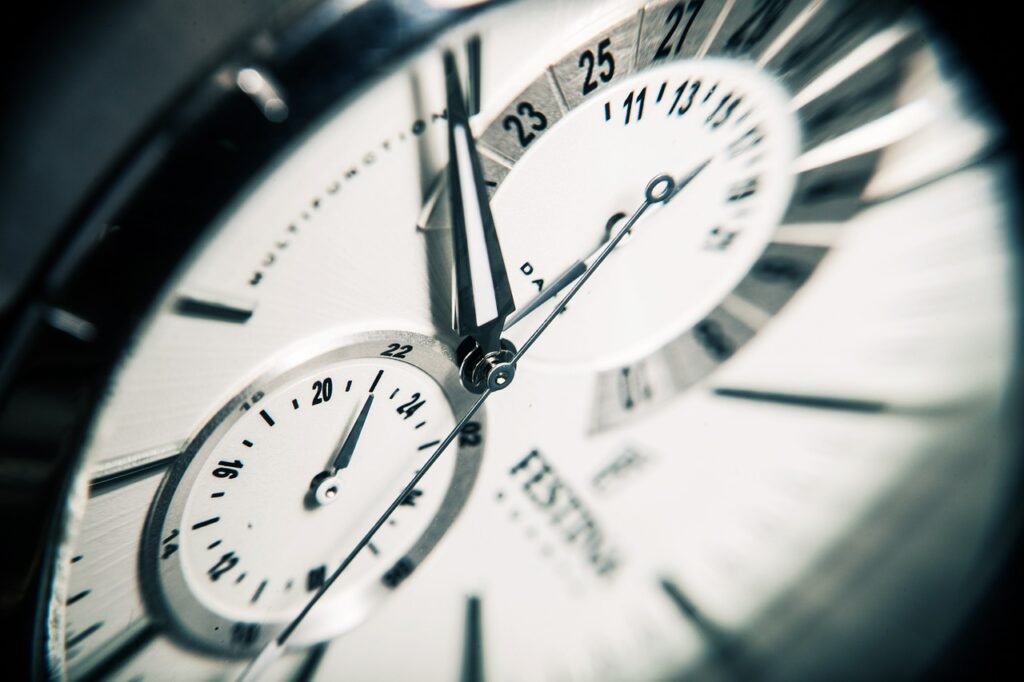
The brand’s prestige and history also play a crucial role in determining a watch’s value. Iconic brands like Patek Philippe, Rolex, and Audemars Piguet have built reputations over centuries, known for their heritage, innovation, and reliability. These brands command higher prices not just for their name but for the legacy and assurance of quality that come with it.
Limited editions and unique designs further drive up prices. Collectors often seek out watches with limited production runs, as scarcity enhances desirability and investment potential. Unique designs, including collaborations with renowned artists or commemorative pieces, add another layer of exclusivity.
Demand and market trends also influence the pricing of luxury watches. A surge in demand for vintage models or specific styles can lead to record-breaking auction sales. For instance, the Patek Philippe Grandmaster Chime Ref. 6300A-010 fetched $31.19 million at an auction, setting a new benchmark in the industry. Similarly, Paul Newman’s Rolex Daytona achieved a final bid of $17.8 million, highlighting how provenance and historical significance can amplify value.
Overall, the convergence of rare materials, exceptional craftsmanship, brand prestige, exclusivity, and market dynamics creates the perfect storm for the high valuation of these exquisite timepieces.
Who Buys the Most Expensive Watches and Why
The market for the world’s most expensive watches is predominantly driven by a distinct group of individuals with specific demographic and psychographic profiles. These high-end timepieces are often acquired by wealthy individuals, including celebrities, business tycoons, and dedicated watch collectors. Their motivations for purchasing these luxurious items vary, ranging from investment potential to personal passion for horology.
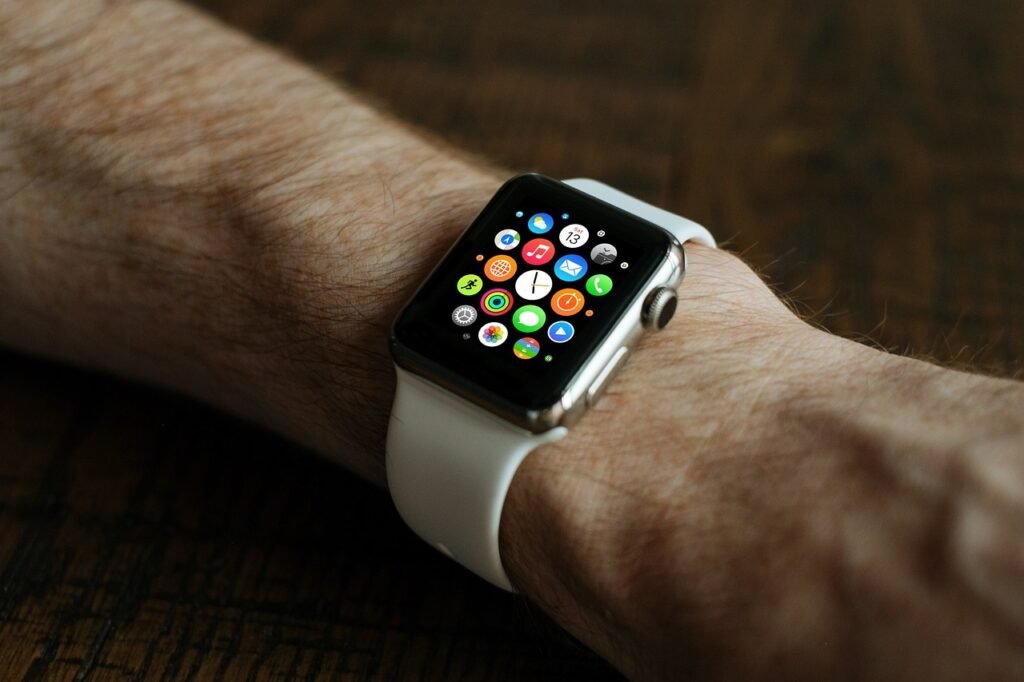
Wealthy individuals and business magnates often view expensive watches as a sound investment. Timepieces from prestigious brands such as Patek Philippe, Rolex, and Audemars Piguet tend to appreciate in value over time, making them attractive assets. The rarity and exclusivity of these watches further enhance their investment potential. For instance, limited-edition models or pieces with historical significance can fetch significant premiums at auctions, thereby solidifying their status as valuable collectibles.
For many, owning an expensive watch serves as a status symbol, reflecting their success and social standing. Celebrities and public figures frequently wear these timepieces to signify their wealth and taste. High-profile individuals like actors, musicians, and athletes are often spotted with luxurious watches, which not only accentuate their personal style but also reinforce their public image. This association with prominence and prestige fuels the desirability of these watches among affluent buyers.
Beyond investment and status, a personal passion for horology plays a significant role in the acquisition of expensive watches. Enthusiasts and collectors appreciate the intricate craftsmanship and artistry involved in creating these timepieces. They are drawn to the meticulous engineering, innovative complications, and historical heritage that characterize high-end watches. For these individuals, owning a masterpiece of horological art is a deeply fulfilling experience that transcends monetary value.
The role of watch auctions and private sales cannot be overlooked in this exclusive market. Prestigious auction houses like Sotheby’s and Christie’s regularly host events where rare and valuable watches are sold to the highest bidders. These auctions provide a platform for collectors to acquire unique pieces and for sellers to realize significant returns on their investments. Similarly, private sales offer a discreet and personalized avenue for high-value transactions, catering to the preferences of elite buyers.
Notable personalities who own these exquisite watches include billionaire business moguls like Jeff Bezos and Elon Musk, who are known for their discerning tastes. Similarly, actors such as Leonardo DiCaprio and musicians like Jay-Z have been seen sporting high-end timepieces, underscoring their appreciation for luxury and craftsmanship. These real-world examples highlight the diverse motivations and profiles of those who invest in the world’s most expensive watches.





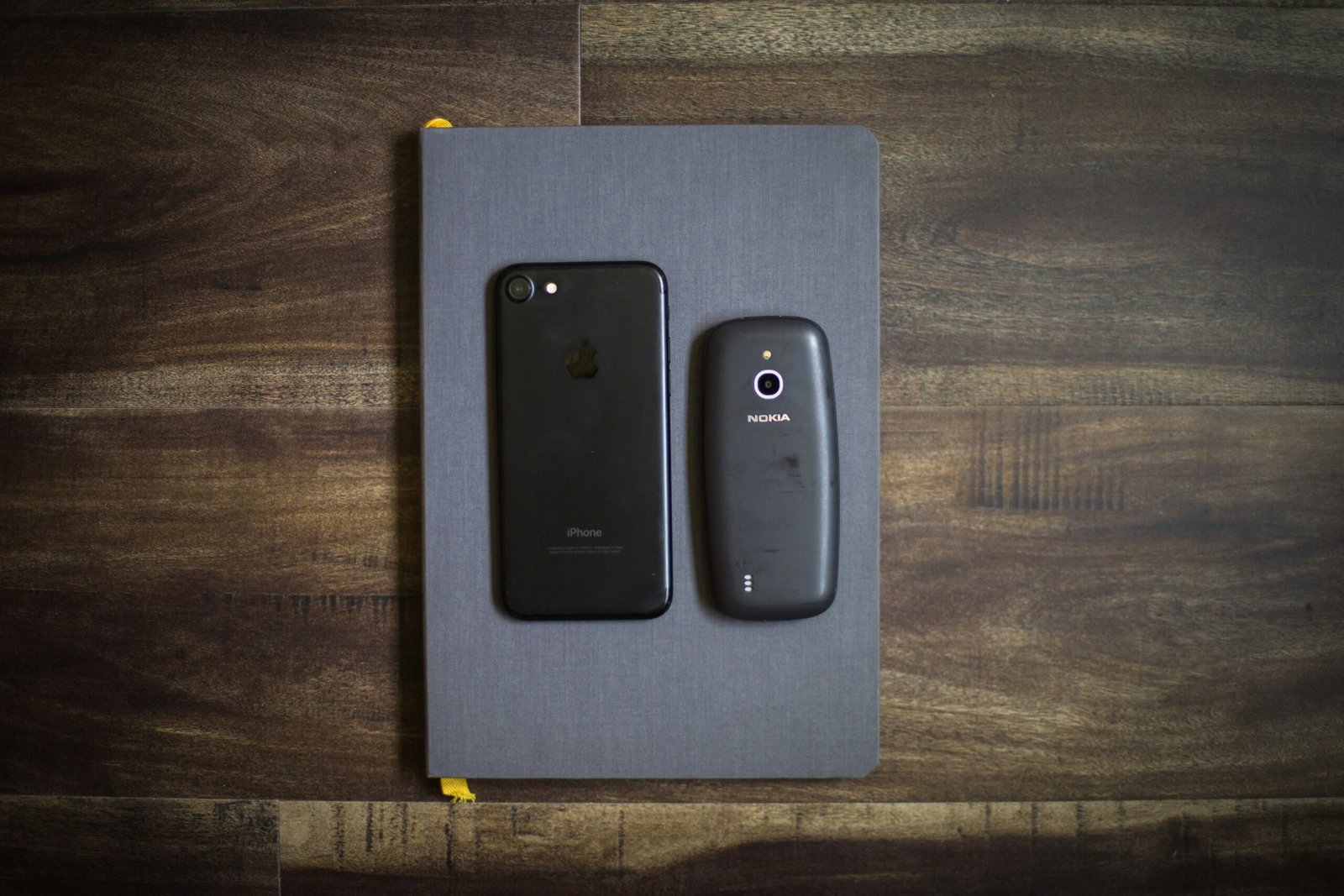

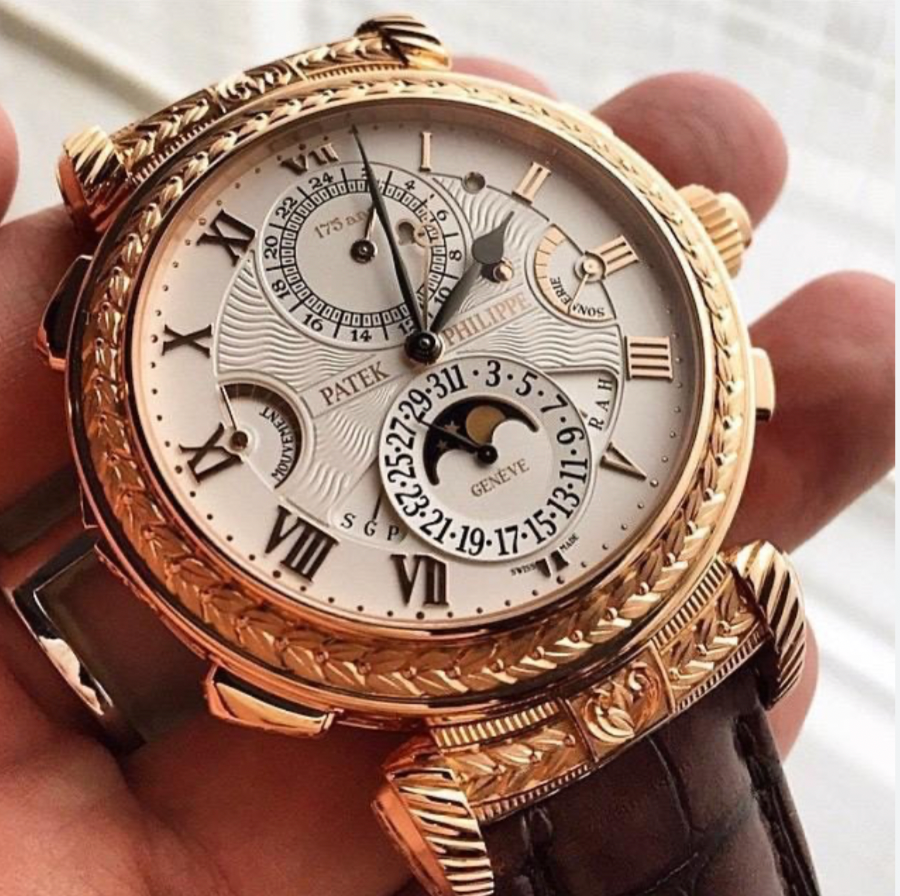




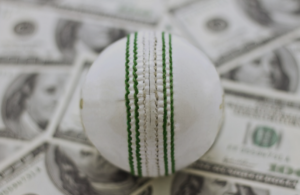
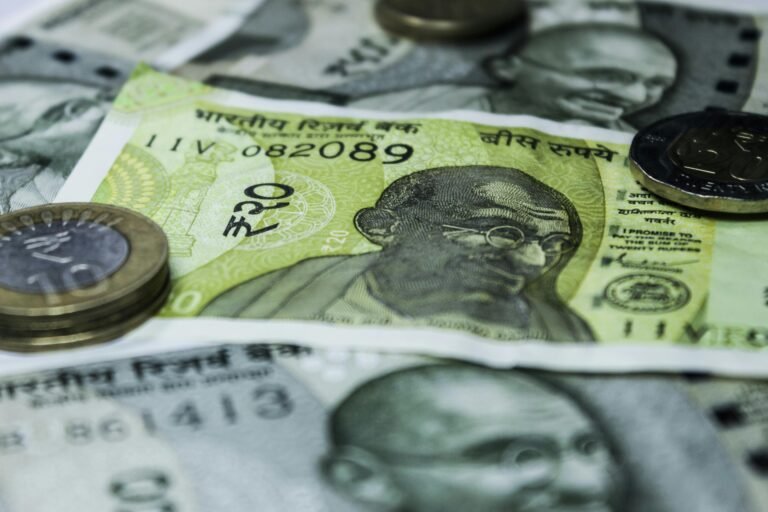
+ There are no comments
Add yours